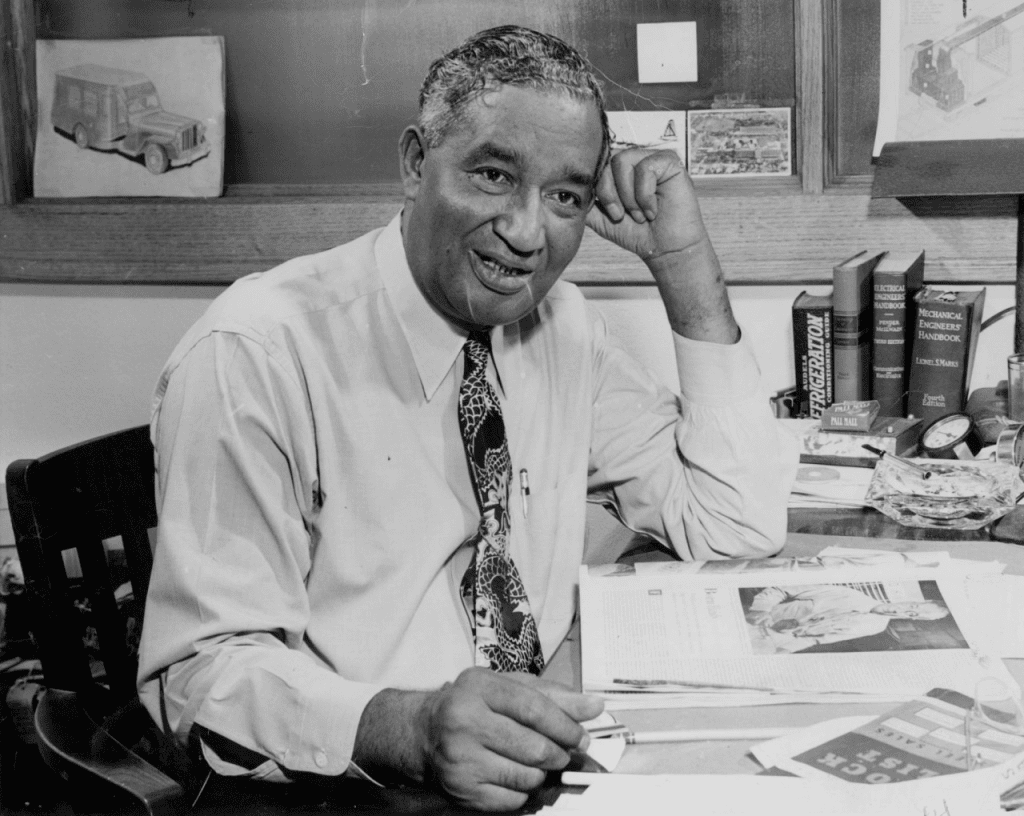When you grab a carton of milk from the refrigerated section at your local grocery store or enjoy a fresh salad during summer, chances are you’re benefiting from the work of a man you’ve likely never heard of. Frederick McKinley Jones, born in 1893, quietly revolutionized the world of food, medicine, and military logistics with a single, brilliant invention the mechanical refrigeration unit for trucks.
Jones’s invention, first developed in 1938, allowed perishable goods to be transported across long distances without spoiling. His impact on the modern food supply chain, as well as wartime medicine, was monumental. From farm to grocery aisle to battlefield, his innovations kept things cool when it mattered most.
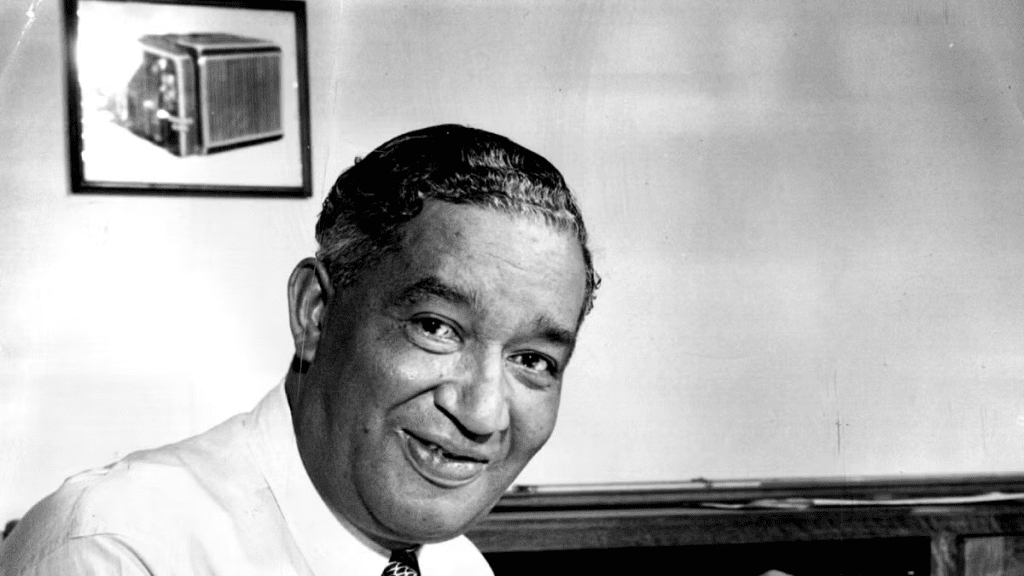
A Humble Start, A Brilliant Mind
Frederick Jones was born in Cincinnati, Ohio, and orphaned at a young age. Raised by a Catholic priest and largely self-educated, Jones displayed an incredible knack for mechanics and electronics from the start. He taught himself engineering by reading books and experimenting with machinery in his free time.
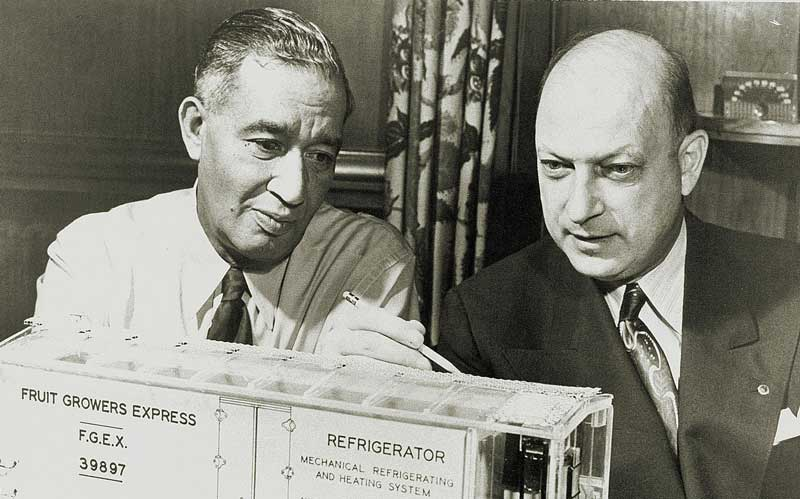
By the time he was in his early twenties, Jones was already building radios, repairing cars, and working as a garage foreman. He even built a radio transmitter that could broadcast across town, long before most people had ever heard of the technology.
It wasn’t long before his skills caught the attention of people in high places. Jones’s ability to design and build things from scratch was not just rare it was genius-level.
Video:
Thermo King – Frederick McKinley Jones
Model A: The Invention That Changed Everything
In the 1930s, America’s growing cities and national distribution systems faced a challenge how to transport perishable food across long distances. Fresh meat, dairy, and produce spoiled quickly without reliable refrigeration. Existing methods were slow and inefficient, often relying on blocks of ice and insulated containers.
Jones solved this problem in 1938 with his invention of the Model A, the first mechanical refrigeration system for trucks. Mounted on the outside of a truck or trailer, the unit allowed goods to stay cold while moving, without the need for ice.
This breakthrough enabled fresh food to be shipped coast to coast, dramatically changing the way Americans ate. It also reduced waste and opened new opportunities for farmers and food producers.
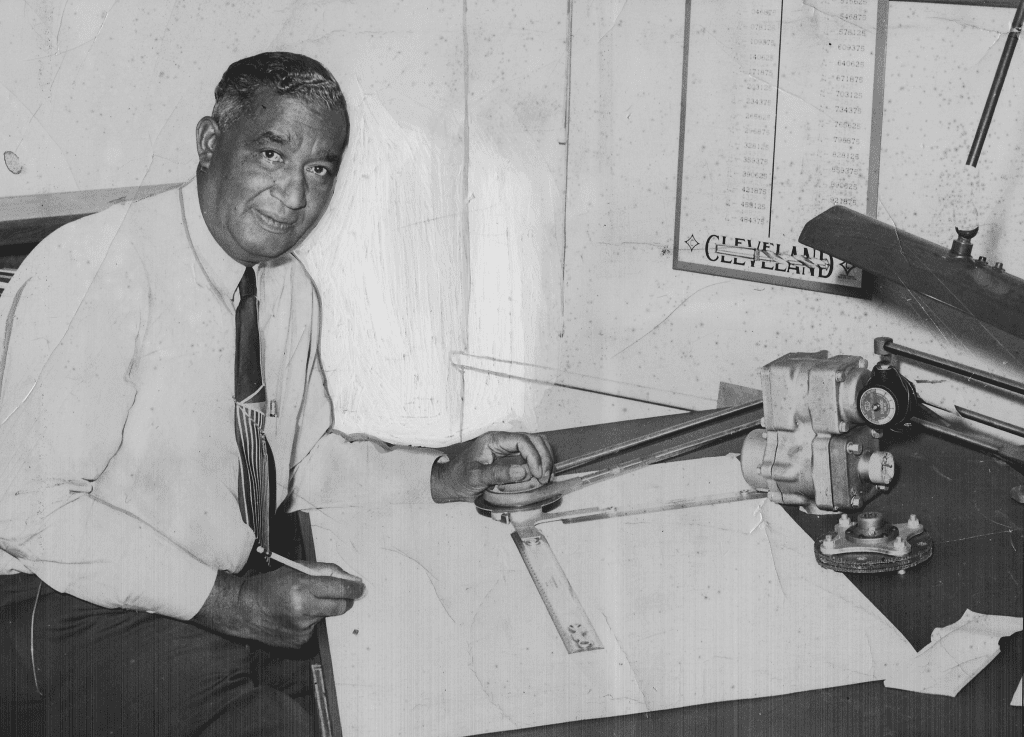
Wartime Innovation: Saving Lives on the Front Lines
When World War II broke out, Jones’s invention found a new purpose saving lives. His modified Model C refrigeration unit was used by the U.S. military to keep blood, plasma, and medicine cool in mobile field hospitals.
In war zones where heat and humidity were brutal, having portable refrigeration made the difference between life and death. The ability to preserve critical supplies on the battlefield helped doctors treat wounded soldiers more effectively and contributed to the survival of thousands.
Jones’s refrigeration technology became an essential part of military logistics, proving that innovation isn’t just about comfort it can also be about survival.
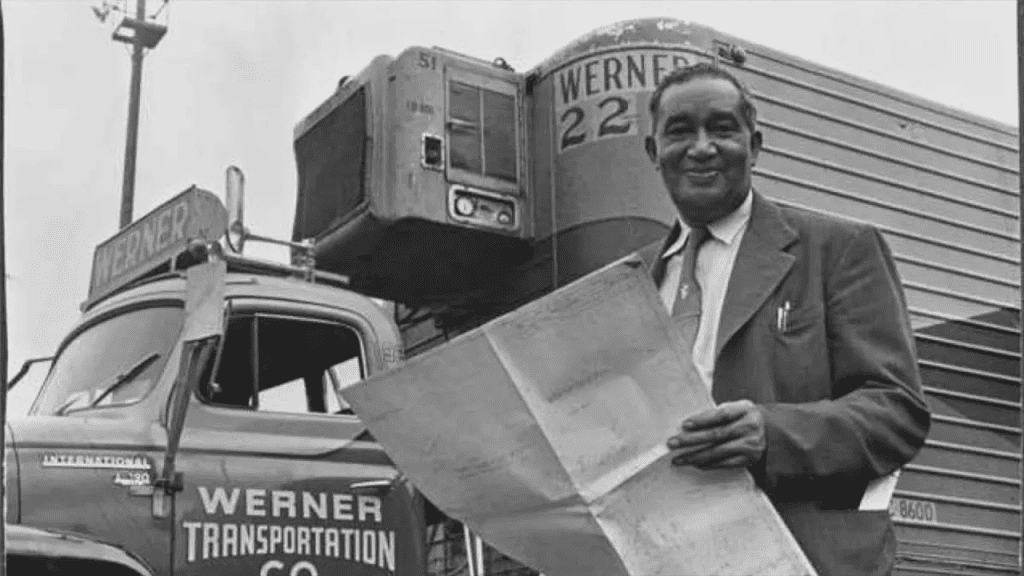
Building a Legacy: Patents and Thermo King
Jones didn’t stop with just one invention. Over the course of his life, he earned more than sixty patents in various fields including refrigeration, X-ray machines, engines, and sound systems for film.
He also co-founded Thermo King with Joseph Numero, a company that would become a leader in transport refrigeration systems around the globe. Today, Thermo King continues to innovate in climate control technology, serving industries from agriculture to medicine.
Video:
10 Facts About Frederick McKinley Jones #inventions #inventors #history @TheArchimedesFiles
Thanks to Jones’s early work, temperature-sensitive goods can be safely transported by land, sea, or air and delivered fresh to people around the world.
A Pioneer Remembered
Frederick McKinley Jones passed away in 1961, but his legacy lives on in every refrigerated truck on the highway and every grocery store shelf lined with fresh products. In 1991, President George H. W. Bush posthumously awarded him the National Medal of Technology, making him the first African American to receive the honor.
Jones’s story is one of brilliance, resilience, and vision. From self-taught mechanic to one of the most influential inventors of the twentieth century, he changed how the world moves and preserves what matters.

A Modern World Made Possible by Cold Innovation
We live in a world where fresh produce, life-saving vaccines, and frozen meals are delivered daily to homes and stores across the globe. Much of this modern convenience can be traced back to one man’s determination to solve a basic problem how to keep things cold while they move.
Frederick McKinley Jones may not be a household name, but his inventions shaped the way we live, eat, and survive. His genius ensured that the essentials of life food, health, and care could reach people no matter where they are.
